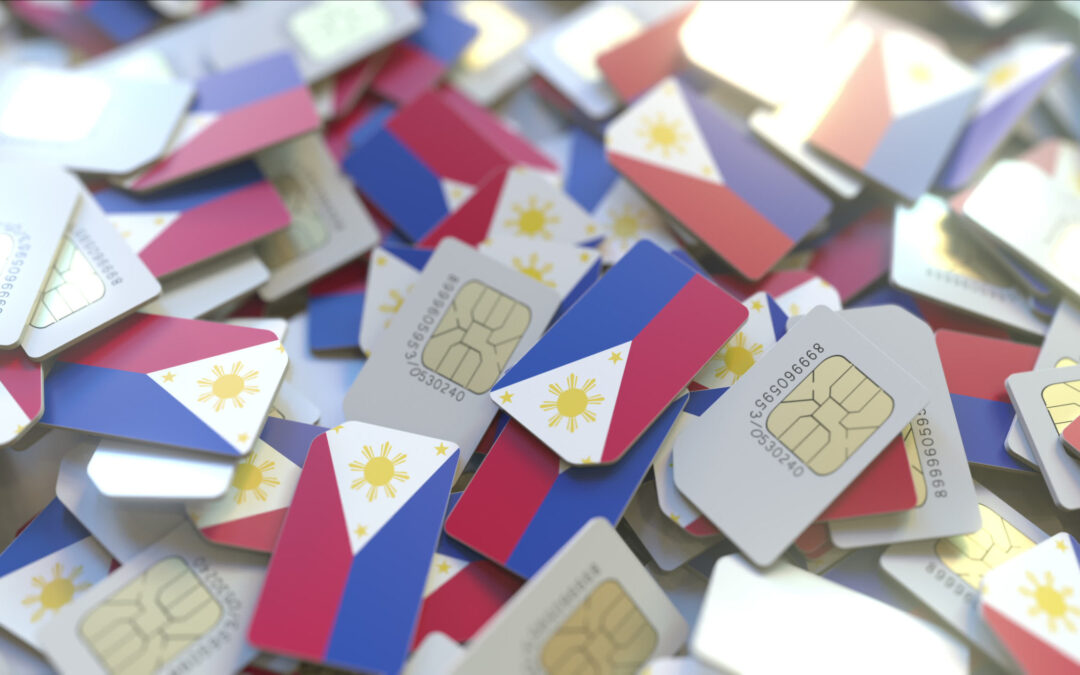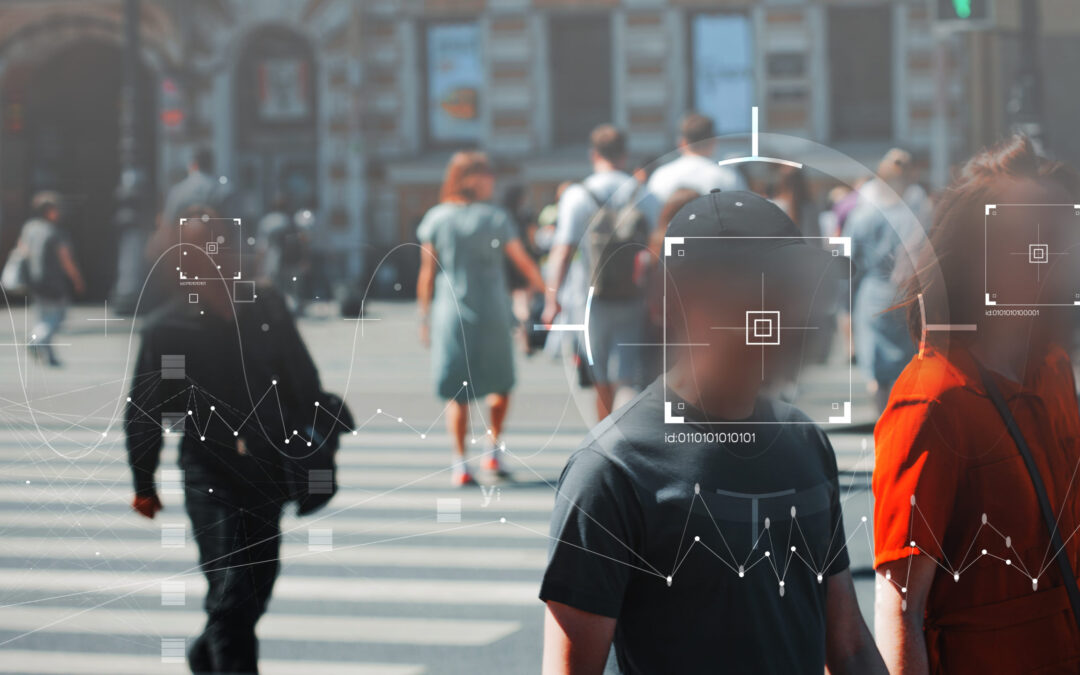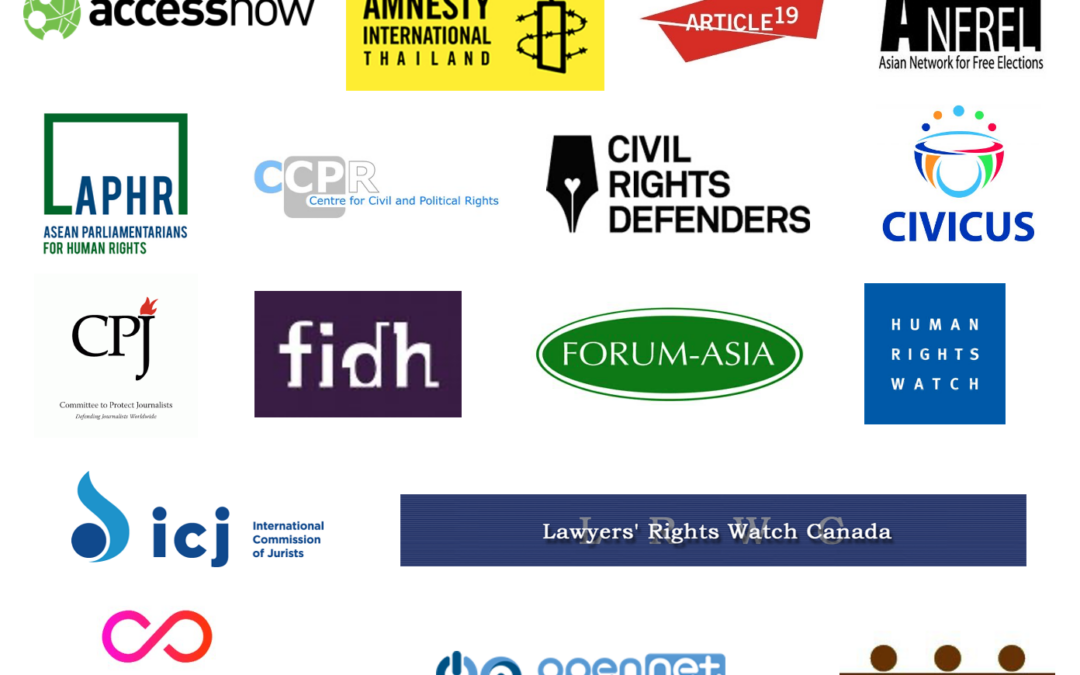
Mar 9, 2022 | News
The International Commission of Jurists (ICJ), along with 10 other human rights organizations, call on the Philippine legislature to repeal or substantially amend the fatally flawed SIM Card Registration Act, which is a substantial threat to the rights to privacy, freedom of expression and information, and non-discrimination in the Philippines.

Nov 26, 2021
The European Parliament and the Council of the European Union should amend legislative proposals regulating artificial intelligence (AI) and online digital services to bring them in line with human rights law, the International Commission of Jurists (ICJ) said today in two briefing papers addressing the proposals.

Aug 3, 2021 | News
17 international human rights organizations today denounced the Thai government’s newly announced Regulation No. 29, which empowers the authorities to censor online expression, and investigate and prosecute individuals responsible for communications that may “instigate fear”. The Regulation is the government’s latest attack on the right to freedom of expression and information in Thailand.

Jun 22, 2021 | News, Publications
The Thai authorities should immediately reform laws, policies and practices that have led to increasing violations of human rights in the digital sphere, the ICJ said in a new report launched today.
The 75-page report, Dictating the Internet: Curtailing Free Expression and Information Online in Thailand, documents a range of laws that does not comply with international human rights law and standards. These laws contain vague and overbroad provisions, wrongly criminalize free expression or prescribe disproportionately harsh penalties, and are applied without independent oversight mechanisms.
These arbitrary restrictions have intensified in response to the COVID-19 pandemic and pro-democracy protests.
“The Thai authorities have continued their systematic abuse of existing and new deficient laws to curtail not only the right to freedom of expression, opinion and information online, but also the rights to peaceful assembly, health and other rights,” said Sam Zarifi, ICJ’s Secretary General.
The Thai authorities have also pressured and co-opted big technological companies to improperly restrict or block content on their platforms, through court-enforced demands and the filing of criminal complaints for failing to comply.
The report further documents how the Thai authorities have failed to adequately protect individuals against the human rights abuses of private actors, who include companies harassing its critics through legal processes and perpetrators of online speech inciting discrimination, hostility or violence.
The report provides specific recommendations to the Thai authorities and technological companies in the communications sector to safeguard in law and practice the rights to expression, opinion and information online as well as offline. These recommendations call for the authorities to, among other recommendations:
- Repeal or substantially amend criminal law provisions that criminalize or unduly restrict human rights online, and review existing laws or develop legislation to protect against SLAPP lawsuits and the incitement of discrimination, hostility or violence;
- Cease harassment and persecution of all individuals for merely exercising their human rights online;
- Refrain from future charges and drop all existing charges against individuals and social media companies facing prosecution for alleged violations of non-human rights compliant laws, and immediately release all held in pre-trial detention or imprisoned on conviction for such cases; and
- Refrain from restricting or blocking online content unless the decision to block has been undertaken following a full analysis applying international human rights law and standards, and authorized pursuant to an order by an independent and impartial judicial authority.
“The Thai authorities must act urgently to stem this deteriorating trend of human rights violations and abuses in the digital space, by repealing or substantially amending its laws, policies and practices in line with Thailand’s international legal obligations,” added Zarifi.
The report follows on from the ICJ’s December 2019 regional report entitled Dictating the Internet: Curtailing Free Expression, Opinion and Information Online in Southeast Asia assessing non-human rights compliant legal frameworks and case studies across Southeast Asia, including Thailand.
Report Launch
The report will be launched on 22 June 2021. The launch includes a panel discussion, which draws together human rights defenders, diplomats, journalists, lawyers and civil society to discuss the increasing attacks on freedom of expression and information online in Thailand through non-human rights compliant laws and practices.
The discussion will include as panelists:
- Sam Zarifi, Secretary General, International Commission of Jurists;
- Poonsuk Poonsukcharoen, Thai Lawyers for Human Rights (TLHR); and
- Chavarong Limpattamapanee, Chairman, National Press Council, Thailand.
Download
The full report is available in English here and in Thai here. The executive summary of the report is available in English and Thai. (PDF)
Contact
Sam Zarifi, ICJ Secretary General, e: asiapacific@icj.org, t: +66-62-702-6369
See also
ICJ, ‘Southeast Asia: ICJ launches report on increasing restrictions on online speech’, 11 December 2019
ICJ, ‘Vietnam: authorities must act to safeguard rights online and end harassment of those expressing themselves – ICJ new report’, 9 December 2020

May 26, 2021 | News
The ICJ welcomes the ruling by the European Court of Human Rights in the case of B.B.W. and others v. the United Kingdom, setting out important guarantees against mass surveillance online.
On 25 May, the Grand Chamber of the European Court of Human Rights issued its final ruling in this case in which the ICJ intervened. The case deals with the human rights implications of the system of intelligence mass surveillance of the United Kingdom, which was unveiled by the revelations of Edward Snowden.
“The judgment sets out clear guarantees to be respected in order to carry out bulk interception of communications”, said Massimo Frigo, Senior Legal Adviser for the ICJ Europe and Central Asia Programme, “it is a first important step towards ensuring that protection of human rights is as effective online as it is offline. All Member States of the Council of Europe must now ensure that their surveillance systems respect these minimal guarantees.”
In its judgment, the Court recognised the difference between surveillance of individual communications and bulk interception of communications with the use of metadata and introduces a set of procedural guarantees to be respected at initial, intermediary and final stages of bulk data surveillance.
The Court found that these guarantees also apply when a State receives intelligence based on bulk interception carried out by foreign States.
The judgment, however, does not fully address the implications for human rights of States’ participation in close transnational surveillance cooperation such as the system of the “Five Eyes” including the UK, USA, Canada, Australia and New Zealand.
“These transnational surveillance systems entail a higher level of responsibility by States under international human rights law in light of the high risk of bypassing national remedies”, said Massimo Frigo, “We hope the Court will be able to address these important issues in the future to strengthen the protection of human rights online in Europe.”
Contact:
Massimo Frigo, ICJ Senior Legal Adviser, t: +41797499949, e: massimo.frigo(a)icj.org









